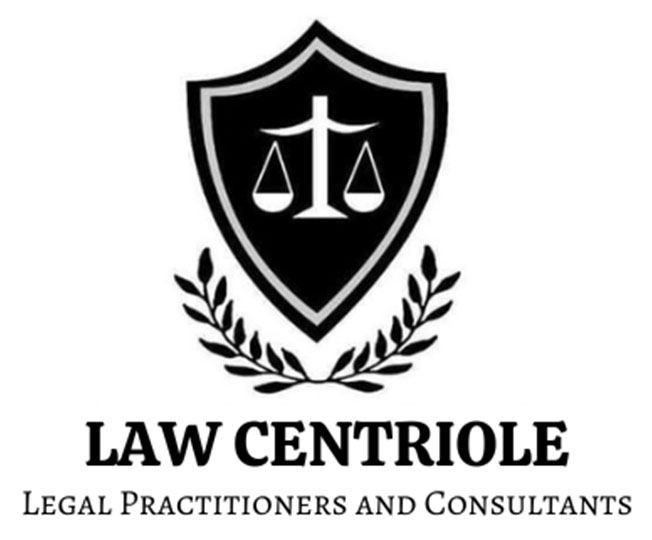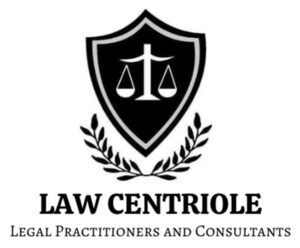Social media has revolutionised the way we connect, offering a platform for sharing ideas, fostering relationships, and staying informed. However, with great power comes great responsibility. Before you hit “post,” it’s crucial to understand the legal implications of your online presence. Here’s a guide to help you navigate the legal landscape of social media:

Navigating the Legal Landscape of Social Media: Possible Pitfalls
Defamation and libel:
Words can have a powerful impact, especially when disseminated online. Sharing false or defamatory statements about someone can lead to serious legal consequences, including lawsuits and damages. Be mindful of the truth and accuracy of the information you share, and avoid making personal attacks or spreading rumours. If you post something that is false and defamatory about someone, you could be sued for libel. This is true even if you didn’t mean to cause harm.
Threats and harassment:
Online anonymity can embolden individuals to engage in cyberbullying and harassment. Remember that your words hold weight, even in the digital world. Avoid engaging in hateful or discriminatory speech, and be respectful of others’ opinions and beliefs. If you post something that is threatening or harassing, you could be charged with a crime. This includes posting personal information about someone with the intent of harming them.
Copyright infringement:
Respecting intellectual property rights is essential on social media. Sharing copyrighted content without permission, such as music, images, or videos, can lead to copyright infringement claims. Always ensure you have the necessary rights to use any content you post and credit the original creators appropriately.
Privacy violations:
Social media platforms collect and store a vast amount of personal data. Be aware of the privacy settings available on each platform and adjust them to control who can access your information. Additionally, be cautious about sharing sensitive personal information publicly, as it can be misused for identity theft or other malicious purposes.
More Privacy Concerns
Also, if you post something that reveals someone else’s private information, you could be sued for violating their privacy. This includes things like their address, phone number, or bank verification number.
It’s also important to be aware of the privacy laws that apply to social media. In Nigeria, the Data Protection Regulation (DPR) sets out rules about how personal data can be collected, used, and shared. If you collect personal data about your users, you need to make sure that you are compliant with the DPR.
The legal implications of social media are complex and ever-changing. However, by being aware of the basics, you can help protect yourself from legal problems.
Conclusion
Here are some tips for staying safe on social media:
- Be careful what you post.
- Think before you click “share.”
- Be respectful of others.
- Don’t post anything that you wouldn’t want to see on the front page of a newspaper.
By following these tips, you can help protect yourself from legal problems and enjoy social media safely.
We hope this information is helpful. Please feel free to share this post with anyone who you think may benefit from it.
Feel free to share this information using any of the buttons below.
Join the Law Centriole channel on WhatsApp to get early updates about new posts.

